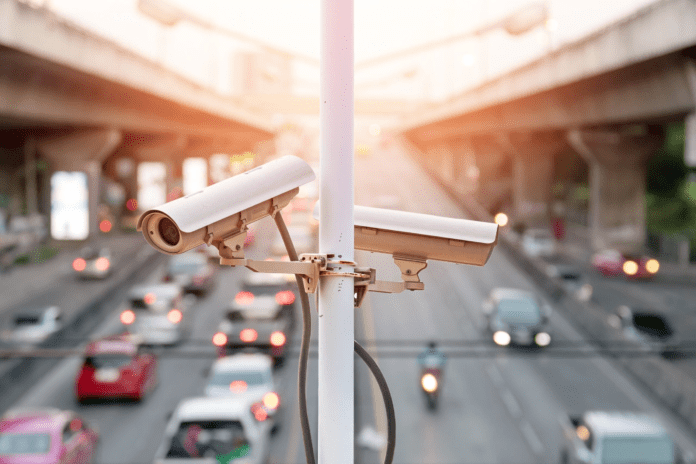The Law Society of Kenya (LSK) has moved to the High Court seeking to suspend the installation of traffic cameras in Nairobi, citing procurement irregularities and lack of public participation.
In a petition filed under a certificate of urgency, LSK argues that the procurement of the 25 cameras—estimated to cost Sh6.1 billion—was conducted without competitive bidding, raising concerns over transparency and potential mismanagement of public funds.
Representing LSK, lawyer Frank Oriku contended that the expenditure was excessive and lacked accountability, prompting the society to take legal action.
The lawsuit names several high-ranking officials, including Transport Cabinet Secretary Davis Chirchir, National Assembly Speaker Moses Wetang’ula, Cabinet Secretary Mercy Wanjau, Prime Cabinet Secretary Musalia Mudavadi, and Inspector General of Police Douglas Kanja.
Oriku told Justice Chacha Mwita that LSK, together with road safety expert Gerald Osiemo, had sought details of the contract from the Ministry of Transport, but their requests went unanswered.
“The procurement and expenditure of these funds, if not halted, could lead to misuse of public resources in violation of the Public Finance Management Act and the Public Procurement and Asset Disposal Act,” Oriku argued.
LSK Chief Executive Officer Florence Muturi, in a supporting affidavit, stated that the procurement process violated governance principles, including transparency and accountability. She emphasized that taxpayer funds must be managed prudently and that the cost of the cameras appeared disproportionately high compared to their intended benefit of easing traffic congestion.
Muturi further warned that allowing such an expenditure to proceed unchecked would set a dangerous precedent for government spending.
Despite the legal challenge, the Kenya Urban Roads Authority (KURA) has defended the initiative. In a statement presented in court, KURA confirmed that it had entered into a contract with South Korea’s Samsung for the establishment of the Nairobi Intelligent Transport System (ITS) and junction improvement project.
According to KURA, the project—valued at approximately US$61 million (Sh7.8 billion at the current exchange rate)—is funded by Korea Exim Bank. The system will integrate cameras, sensors, and traffic lights to monitor and regulate traffic flow, with completion expected by February 2027.
As the court deliberates on the matter, LSK maintains that its primary concern is ensuring public funds are utilized responsibly and in line with constitutional principles.







